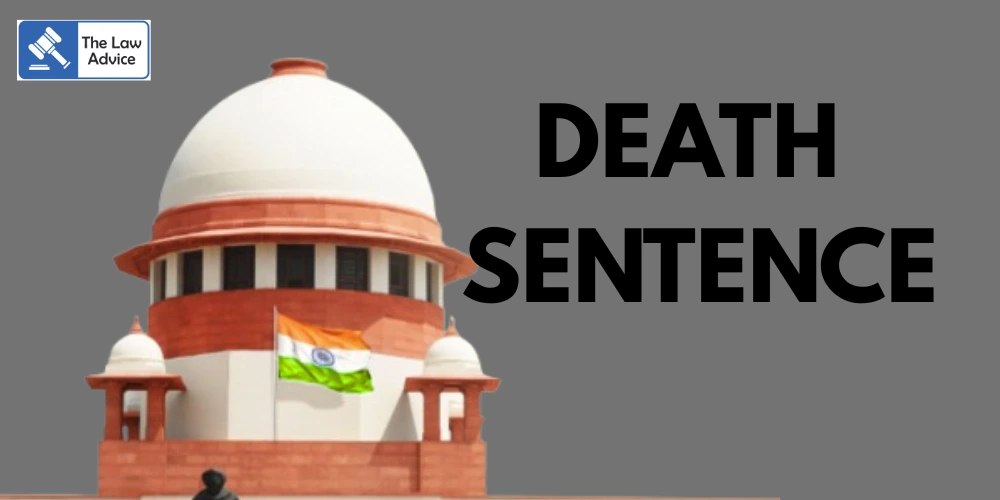The Supreme Court of India today permitted a writ petition under Article 32 of the Constitution, filed by Vasanta Sampat Dupare, a death row convict, challenging the legality of his sentencing. Dupare was convicted for the rape and murder of a 4-year-old girl, and had been sentenced to death—a punishment affirmed at every judicial level until now.
Delivering the verdict, a bench of Justices Vikram Nath, Sanjay Karol, and Sandeep Mehta held:
• Article 32 can be invoked in cases of capital punishment to reopen the sentencing stage if it is shown that the safeguards mandated in the landmark ruling Manoj v. State of Madhya Pradesh (2022) were not complied with.
• The Court described this corrective jurisdiction as essential for ensuring that a condemned person is not denied their fundamental rights under Articles 14 and 21, which guarantee equal treatment, fair trial, individualized sentencing, and dignity.
The bench, however, also sounded a note of caution. It clarified that the exceptional scope of Article 32 cannot be allowed to become a routine mechanism to reopen concluded criminal cases. Relief will be confined only to situations involving clear and specific breaches of procedural safeguards—breaches grave enough to undermine the very foundation of fair process.
• The Court maintained Dupare’s conviction, holding him guilty of the crime.
• However, it set aside the earlier order on sentencing (2017) and directed that the matter be placed before CJI B.R. Gavai for re-listing. The sentencing will now be reconsidered in conformity with the Manoj judgment, which emphasized the necessity of factoring in mitigating circumstances such as mental health, background, and psychological evaluation of the accused.
Case History Recap
• Dupare was sentenced to death by an Additional Sessions Judge, Nagpur.
• His appeal was dismissed by the Bombay High Court, and the sentence was affirmed by the Supreme Court on November 26, 2014.
• His review petition was dismissed on May 3, 2017.
• His mercy petitions before the Governor of Maharashtra (2022) and the President of India (2023) were also rejected.
• It was only thereafter that he filed the present writ petition under Article 32.
Arguments Presented
• For the Petitioner:
Senior Advocate Gopal Sankaranarayanan, assisted by the Square Circle Clinic at NALSAR University of Law, argued that since the trial and appellate courts had not applied the guidelines laid down in Manoj, the sentencing process stood vitiated.
• For the State:
Maharashtra’s Advocate General Dr. Birendra Saraf, along with ASG K.M. Natraj, opposed the plea. They submitted that Article 32 cannot be used to reopen a matter that had already attained finality, and that the petitioner’s only remaining remedy was to file a curative petition.
The Manoj ruling (2022), delivered by Justices U.U. Lalit, S. Ravindra Bhat, and Bela M. Trivedi, made it mandatory for trial courts in death penalty cases to:
1. Assess and place on record the psychiatric and psychological evaluation of the accused.
2. Consider mitigating factors such as socio-economic background, family circumstances, and potential for reform.
3. Ensure a thorough individualized sentencing process before deciding between life imprisonment and death penalty.
The Supreme Court today reiterated that non-compliance with these safeguards cannot be overlooked, even in cases where earlier judicial orders have attained finality.
With this ruling, the Supreme Court has reaffirmed that while the death penalty remains constitutionally permissible, it must be imposed only after a rigorous, fair, and procedurally compliant sentencing process. Article 32 thus acts as a safety valve against miscarriages of justice in capital punishment cases, though the Court has been careful to emphasize that this extraordinary remedy must be exercised sparingly.
